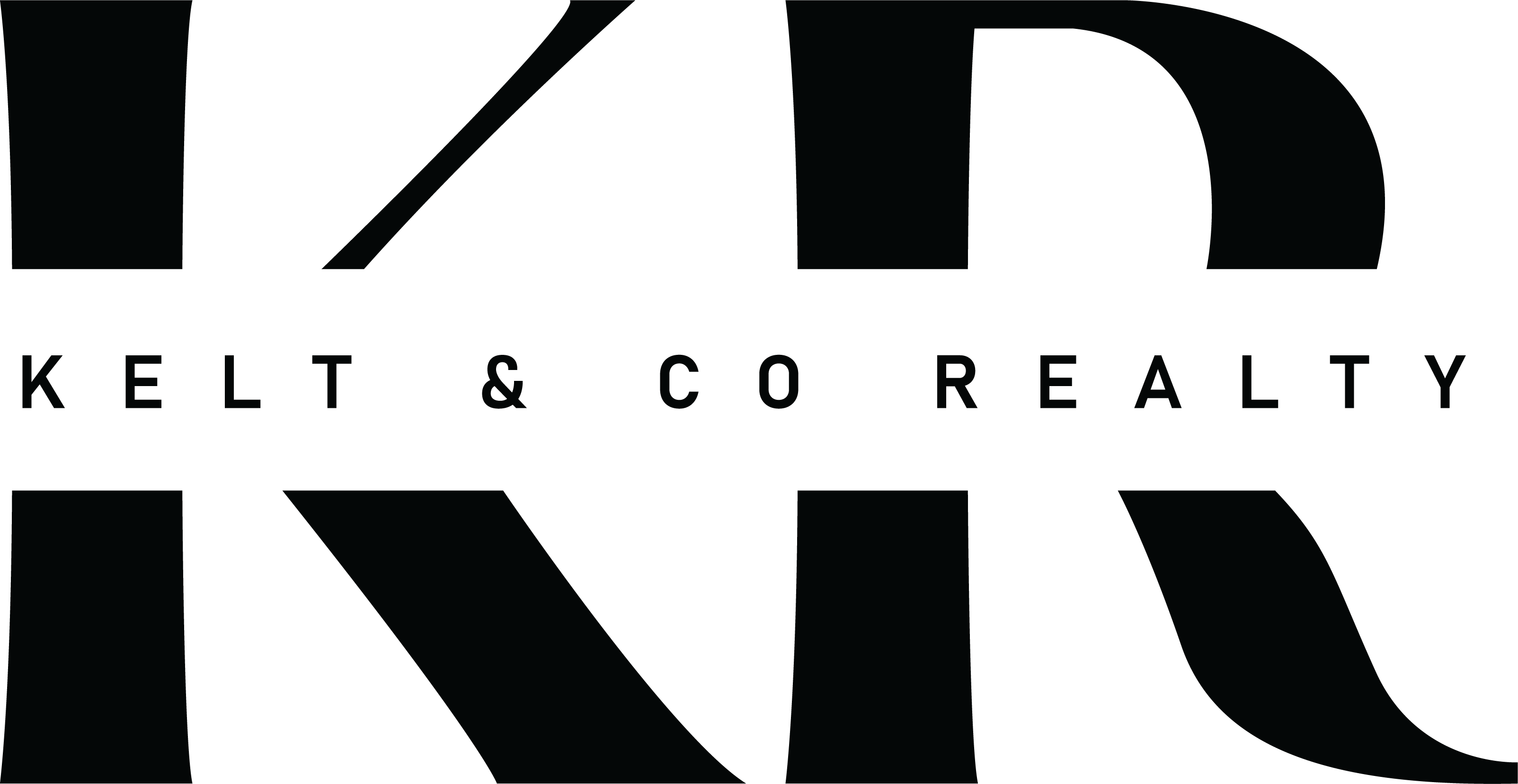ROI Real Estate: What Is Return on Investment in Real Estate

Are you a savvy investor with your eyes on the prize of real estate investments? Do you want to make sound, informed decisions leading to a high Return on Investment (ROI)? Look no further; this guide has got you covered.
With its comprehensive approach to unraveling the mysterious nature of ROI in real estate, you’ll be equipped with the knowledge necessary to navigate the dynamic world of real estate investments. Let’s dive into this guide and discover the secrets to making smart and lucrative decisions in the world of real estate.
What is ROI in Real Estate?
Real estate investments involve significant financial commitments, and evaluating their profitability is paramount. One of the essential metrics used for this purpose is Return on Investment (ROI). It measures the gains or potential profits you have made about the total cost of your investment.
In other words, ROI is a way to assess how efficiently you have utilized your financial resources in the real estate market. By calculating ROI, you can determine the return percentage on your investment and make informed decisions about future investments.
Therefore, understanding ROI is crucial for any real estate investor looking to maximize their profits and minimize risks.
Calculating ROI: Two Approaches
Real estate investors use two primary methods to calculate ROI, each providing a unique perspective.
The Cost Method
The first method is the Cost Method, which involves comparing the investment gain in a property to its initial costs. For example, if you purchased a property for $100,000 and spent an additional $50,000 in repairs and improvements, and the property’s current value is $200,000, then your ROI using the cost method is 33%.
The Out-of-Pocket Method
The second method is the Out-of-Pocket Method, which focuses on your out-of-pocket expenses and the equity position you hold in the property. For the same property, if you finance the purchase with a $20,000 down payment and incur $50,000 in repair costs, then your ROI using this method is 65%. The difference in ROI between the two methods primarily results from leveraging your investment.
What Constitutes a Good ROI?
When it comes to real estate investments, determining what constitutes a good return on investment (ROI) in real estate niche can be challenging. The ideal ROI can vary greatly depending on an investor’s individual risk tolerance.
For instance, riskier investments can potentially yield higher ROIs, while more conservative investors may be willing to accept lower returns in exchange for a greater sense of security. However, most investors typically aim to achieve ROIs that match or exceed the returns of major stock market indexes such as the S&P 500, which historically averages around 10%.
Ultimately, determining a good ROI in real estate depends on many factors, including the type of property, location, market conditions, and individual investment goals.
Factors That Impact ROI
Investing in real estate can be a potentially lucrative venture, but it’s important to consider several factors that can impact your actual ROI. When selling a property, it may not fetch its market value, affecting your ROI calculations.
Additionally, various costs are associated with selling a property, such as repairs, advertising, appraisal fees, and real estate agent commissions. If you have a mortgage, it needs to be paid off, which further reduces your ROI.
Taxation of Investment Real Estate
It’s also crucial to understand the tax implications when selling an investment property. Any profit above your adjusted cost basis is considered a capital gain and is taxed differently depending on your holding period. If you owned the property for a year or more, it is taxed at capital gains rates, which are generally more favorable.
However, if you held the property for less than a year, it’s taxed as ordinary income and could be subject to a higher tax rate. By taking these factors into account, you can make informed decisions about your real estate investments and maximize your ROI.
Maximizing Your Real Estate ROI
As an investor, your primary goal should always be to maximize your return on investment (ROI). To achieve this, consider implementing the following strategies:
1. Property Management Automation: Streamline your property management with property solutions to reduce administrative work.
2. Regular Maintenance and Renovations: Maintaining your property is crucial to retaining and increasing its value over time. Minor tasks such as repainting and annual safety checks can significantly impact.
3. Target the Right Tenants: To enhance the property’s condition and value, market your property to attract the right tenants.
4. Tenant Retention: Acquiring new tenants can be costly, so focus on retaining current tenants.
5. Reduce Operating Costs: Carefully review your property’s expenses and find areas to cut costs, boosting your long-term profit.
Conclusion
Real estate investment success is all about maximizing your Return on Investment (ROI). But, with the various methods of calculating ROI, it can be overwhelming. For this, you need a reliable realtor to help you navigate the complex world of real estate investments. So partnering with Kelt&CO Realty is the most viable option.
Their team of professionals offers personalized services to meet your unique investment needs. They provide expert guidance, market insights, and a wealth of experience. They also offer a detailed analysis of the market and property values to help you identify prime investment locations that yield the highest ROI in the Real estate journey.
Furthermore, they help you understand the tax implications of your investments and how to maximize your returns through strategic planning. So, start your profitable real estate investment journey today by partnering with Kelt&CO Realty.
FAQs
What is ROI in real estate?
Return on Investment in real estate, measures the profit or potential gain from an investment property compared to its total cost.
How is ROI calculated in real estate?
ROI is calculated using methods such as the cost method or the out-of-pocket method. These methods involve comparing the gains to the initial costs.
What constitutes a good ROI in real estate?
A good ROI depends on your risk tolerance. However, many investors aim for ROIs that match or exceed stock market returns. The average stock market returns are around 10%.
What factors can impact ROI in real estate?
Several factors can influence ROI, including the property’s sale price, associated selling costs, and any outstanding mortgages.
How can I maximize my ROI in real estate?
To maximize ROI, consider strategies like property management automation, regular maintenance, targeting the right tenants, focusing on tenant retention, and reducing operating costs.





